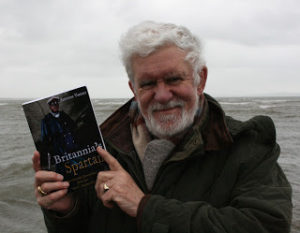 I’m delighted to welcome writing friend Antoine Vanner back to the blog!
I’m delighted to welcome writing friend Antoine Vanner back to the blog!
His Victorian naval fiction series – the Dawlish Chronicles – is gathering a very fair wind and steaming to success. I recently reviewed Britannia’s Amazon featured the redoubtable Captain Nicholas Dawlish’s wife Florence. Was she typical of her time? What was a strong Victorian woman like? I’ll let Antoine tell us about one remarkable Victorian who amongst her accomplishments named Nigeria!
In my most recent novel, Britannia’s Amazon, I have written the story from the viewpoint of a female lead-character. As it is set in 1882 I was concerned with reflecting the constraints that society placed on women in that period and the extent to which a clever, resourceful and dedicated woman could still operate successfully within them. I was especially determined not to depict a 21st Century woman, with present-day values and attitudes, in Victorian dress.
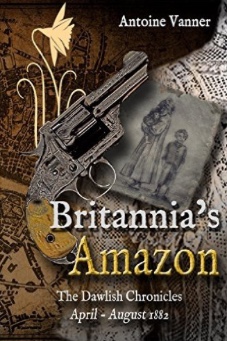 The lives of several women of the time who were successful – against all odds, and facing radically different challenges – were useful sources of inspiration. One of the most interesting for me, since I spent much of my life in the country she coined a name for, was Flora Shaw (1852-1929), who later became Lady Lugard and was also created a Dame (the female equivalent of a Knight) in her own right.
The lives of several women of the time who were successful – against all odds, and facing radically different challenges – were useful sources of inspiration. One of the most interesting for me, since I spent much of my life in the country she coined a name for, was Flora Shaw (1852-1929), who later became Lady Lugard and was also created a Dame (the female equivalent of a Knight) in her own right.
Flora Shaw’s origins – and indeed early adult life – gave no indication of what she would afterwards achieve. One of the fourteen children of a British army-officer who would later be a general, and of a mother of French stock from Mauritius, her earliest published work consisted of morally-elevating and conventional children’s literature. She was in her mid-thirties, and still unmarried at a time when the prospects for middle and old-aged spinsters were decidedly bleak, when she found employment as a journalist at the Pall Mall Gazette and at The Manchester Guardian newspapers. The Gazette connection was especially important, since at that time its editor, W.T. Stead, was inventing the concept of investigative journalism and initiating campaigns against child prostitution and other abuses.
Flora Shaw’s first exposure to international affairs seems however to have been her assignment by The Guardian to cover an anti-slavery conference. Thereafter her focus settled on foreign affairs, especially those related to colonial expansion. This led to her appointment as The Times colonial editor, a hugely prestigious position, given the immense reputation of the newspaper at the time, and she became best-paid female journalist of the era. This role brought her all over the British Empire – including investigation of abuses of Melanesian labour imported to Australia, reports on political and economic matters in South Africa and even a visit to the Klondike at the time of the gold-rush there in the late 1890s.
It is notable that though she wrote initially as “F. Shaw” to disguise the fact that she was a woman, she later identified herself as “Flora Shaw”, a name which was to be synonymous with expertise in political and economic matters. Her South African associations, especially with Cecil Rhodes, resulted in her being investigated by Parliament for involvement in the notorious Jameson Raid of 1895, though she was exonerated.
In the mid-1890s British interests in West Africa fell under several different administrations and it was Flora Shaw who was to argue for consolidation of the largest ones into a single entity. For this she coined the name “Nigeria”, inspired by the huge River Niger that flows through the area. It was not until 1902 however that she was to marry the man – Frederick Lugard (1858-1945) – who was later to unite the separate territories involved under a single administration. In 1960 this became, through independence from Britain, the modern Republic of Nigeria.
Lugard – afterwards Lord Lugard – was one of the late-Victorians who was to have an enviable life of adventure and achievement in Africa and elsewhere, and yet he was still playing a valuable role in the League of Nations and the International Labour Organisation in the 1930s, with particular focus on continuing anti-slavery concerns. His most important achievement was however formulation of the concept – unfashionable today – of “The Dual Mandate”, governance of territories by cooperation and division of responsibilities between Britain and local tribal and other potentates. Nigeria was to be the proving ground for the idea and this, combined with the fact that the climate discouraged land-occupation by Europeans, has been influential in making the country what it is today.
The Lugards’ marriage proved be a very successful and equal partnership, with Flora accompanying her husband on various gubernatorial appointments in Nigeria and Hong Kong. In the latter colony, they were instrumental in founding of the University there and during First World War Flora took a leading role in refugee relief that was to earn her Damehood. She died in 1929, leaving her husband to lead an active and useful life into his eighties.
I’ve always been fascinated by this woman who allowed nothing to stand in her way as regards achieving eminence in a profession that was previously, and for much of her life, closed to women. Her opinions and advice were respected at the highest levels and the fact that she was a woman did not detract from them. She exemplified the truth of the dictum “If you think it can’t be done, get out of the way of those who are doing it.” One wonders therefore why she is largely forgotten today and does not figure as an icon of feminine achievement against the odds. The answer may lie in the fact that she was an avowed supporter and unashamed proponent of the imperial dream that is so widely derided today. The Lugard partnership was a counterpart, on the other end of the political spectrum, of Beatrice and Sidney Webb, who are remembered despite their later admiration of Stalinist Russia.
One suspects however that in any era Flora Shaw would have made her mark, a shining example of the belief that anything is possible. Unfashionable today or not, let us honour memory.
We would have welcomed her with open hearts and deep respect in Roma Nova! Thank you, Antoine, for introducing us to strong and capable woman from the 19th century.
Connect with Antoine: Website Dawlish Chronicles blog Twitter @AntoineVanner
What’s Britannia’s Shark about?
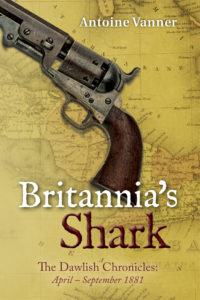 1882 and Captain Nicholas Dawlish RN has just taken command of the Royal Navy’s newest cruiser, HMS Leonidas. Her voyage to the Far East is to be a peaceful venture, a test of this innovative vessel’s engines and boilers.
1882 and Captain Nicholas Dawlish RN has just taken command of the Royal Navy’s newest cruiser, HMS Leonidas. Her voyage to the Far East is to be a peaceful venture, a test of this innovative vessel’s engines and boilers.
Dawlish has no forewarning of the nightmare of riot, treachery, massacre and battle he and his crew will encounter.
A new balance of power is emerging in the Far East. Imperial China, weak and corrupt, is challenged by a rapidly modernising Japan, while Russia threatens from the north. They all need to control Korea, a kingdom frozen in time and reluctant to emerge from centuries of isolation.
Dawlish finds himself a critical player in a complex political powder keg. He must take account of a weak Korean king and his shrewd queen, of murderous palace intrigue, of a powerbroker who seems more American than Chinese and a Japanese naval captain whom he will come to despise and admire in equal measure. And he will have no one to turn to for guidance…
Alison Morton is the author of Roma Nova thrillers INCEPTIO, PERFIDITAS, SUCCESSIO, AURELIA and INSURRECTIO. The sixth, RETALIO, will be published in Spring 2017.
Find out more about Roma Nova, its origins, stories and heroines… Get INCEPTIO, the series starter, for FREE when you sign up to Alison’s free monthly email newsletter
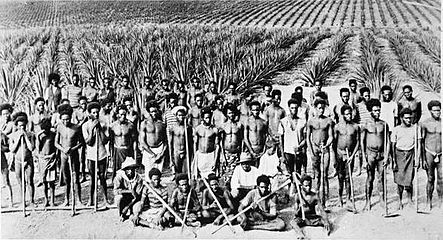
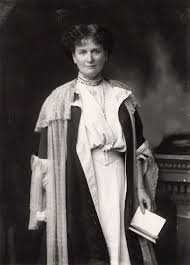
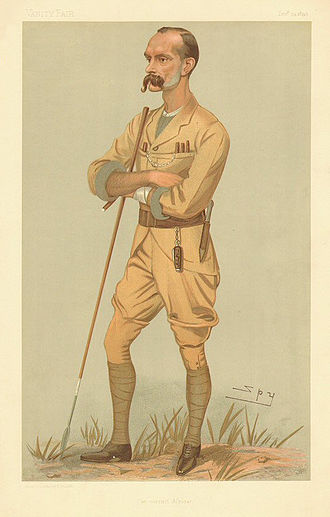
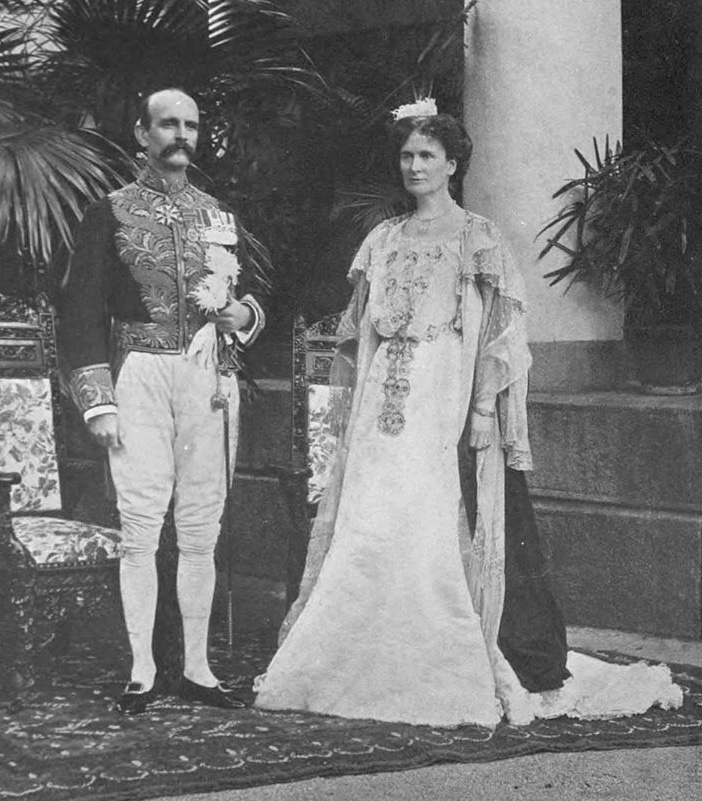













Leave a Reply